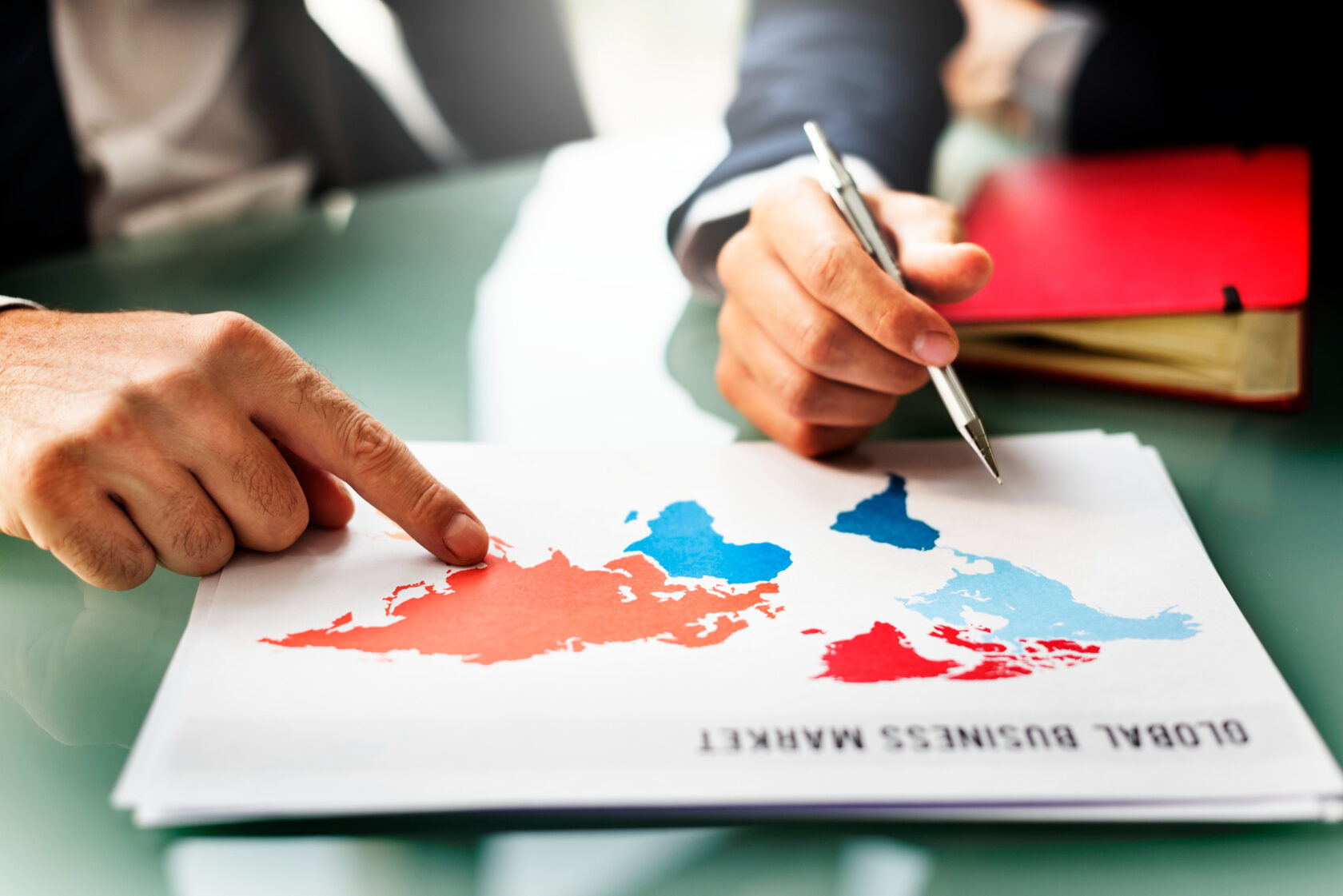Executive Summary
The Russian lawmakers are advancing a new draft law (No. 928052-8) targeting companies from “unfriendly” jurisdictions that ceased or scaled back operations in Russia after 22 February 2022. Key takeaways are as follows:
- New legal barriers for foreign companies returning to the Russian market are proposed.
- Measures include a 2% net asset contribution and mandatory technology disclosure.
- Application of measures will depend on presidential discretion and an official list of targeted entities.
- Affected companies may face significant compliance, IP, and strategic risks.
- Early legal review is essential to evaluate exposure and prepare mitigation strategies.
Scope and Applicability
The draft law applies to foreign legal entities or affiliates that:
- Are under the jurisdiction or control of countries classified as “unfriendly” to the Russian Federation,
- Terminated or reduced operations in Russia after 22 February 2022,
- Are included in a government-approved list of affected entities.
These entities, labeled as “subjects of impact measures”, would face new obligations when seeking to resume operations in Russia.
Although not explicitly stated, the structure and nature of the measures suggest that the law is intended to apply primarily to large, strategically significant companies, especially in high-tech or infrastructure sectors.
Core Measures Imposed
Two main obligations are foreseen in the draft:
- Mandatory Financial Contributions
Companies would need to contribute 2% of their net assets (based on equity) to the newly created Technological Sovereignty Fund. This rate may be adjusted by the Government with Presidential approval.
- Mandatory Disclosure of Technologies
Entities must disclose critical technologies used in their operations, especially those involving advanced products or processes. The Russian Government will define the form, scope, and conditions of this disclosure.
Additional restrictions may be imposed on a case-by-case basis.
Implementation Framework
Application of the measures will require Presidential authorization. The list of targeted companies may be initiated by the State Duma, Federation Council, or the Government. The President determines the duration and has exclusive authority to amend or cancel the measures.
The Technological Sovereignty Fund
The draft establishes a Moscow-based state legal entity responsible for managing contributions and supporting R&D aligned with Russia’s strategic goals. It must report annually to the President and is subject to audit.
Implications for Foreign Investors
If adopted, the law would impose significant obligations on foreign firms returning to Russia, particularly in high-tech industries. Key concerns include:
- Financial contributions calculated on net assets,
- Potential disclosure of sensitive technology,
- Unclear listing process,
- Expanded executive oversight.
What Foreign Investors Should Consider
Foreign companies contemplating re-entry should:

Contact Us
Solstico Legal advises international clients on regulatory, transactional, and dispute-related matters in Russia. If your company is affected by this development — or is considering renewed activity in the Russian market — we invite you to contact us for a confidential assessment of your legal position.
